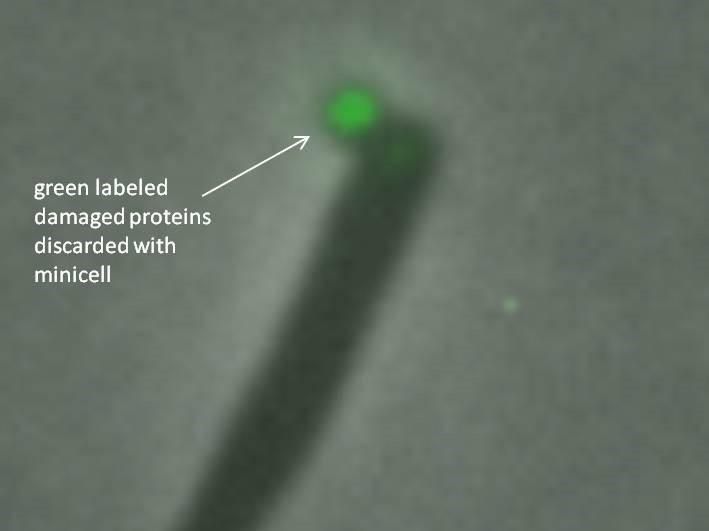Eppendorf: New production site in Shanghai metropolitan region
Centrifuge business to be bolstered in the growth market of China
The globally positioned Eppendorf Group is expanding its production operation in the Chinese market. The company signed a contract for a new production site in Shanghai metropolitan region on February 8. Eppendorf centrifuges will be made here for the local market.

Symbolic image
Unsplash
“This is an important and strategic step for our company,” says Dr. Wilhelm Plüster, Eppendorf Chief Technology Officer. “It will strengthen the company’s global positioning and our worldwide production network.” China is an important and continuously expanding market for Eppendorf. The Group already generates about 15 percent of its consolidated revenue in China – and further growth is expected. “With this investment, we are systematically bolstering our core business in the growth market of China,” Plüster says.
The new location will generate additional growth momentum for the centrifuge business of the life-science company. Centrifuges are the primary product of Eppendorf’s Separation & Instrumentation Business Division. “The Chinese market for centrifuges has been continuously growing for years, and locally manufactured products have an inside track,” Plüster says. “This step will enable us to systematically join in this trend.”
Be where the customers are
The new location in Pinghu, south of Shanghai – as a fundamental part of Eppendorf’s China strategy – will place the Group’s production operations even closer to the company’s Chinese customers. It is a strategic investment that has the potential to increase the company’s market share and even better customer loyalty over the long term. “Our new plant will create local value,” Plüster says. “By taking this step, Eppendorf will not only strengthen its supply chains in a world filled with uncertainties, but will also reduce the company’s logistics and transport costs.” The move will also help Eppendorf lower its transport emissions, a goal of the company’s climate strategy. Under this strategy, Eppendorf is to become climate neutral by 2028. The new plant is scheduled to start production in the first quarter of 2024.
Most read news
Other news from the department business & finance
These products might interest you
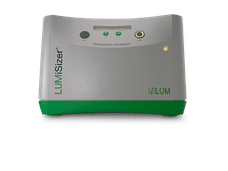
LUMiSizer by LUM
The Versatile Particle and Dispersion Analyser: At-Line, in the Process and in the Laboratory
Comprehensive analysis of nano / microparticles & their interactions in dispersions with 1 instrument

IKA G-L by IKA Werke
Sturdy and compact - discover the universal midi centrifuge
Perfect for microfiltration and cell separation
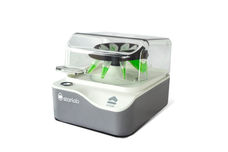
Starlab Minizentrifuge by STARLAB
The Starlab Minicentrifuge - ahead of the curve
This compact unit delivers quiet, intuitive and smooth operation along with a modern design

Analytische Ultrazentrifuge (Optima AUC) by Beckman Coulter
ideal for characterizing dispersed macromolecules and nanoparticles
combines the power of an ultracentrifuge with the functionality of optical modules

Get the life science industry in your inbox
By submitting this form you agree that LUMITOS AG will send you the newsletter(s) selected above by email. Your data will not be passed on to third parties. Your data will be stored and processed in accordance with our data protection regulations. LUMITOS may contact you by email for the purpose of advertising or market and opinion surveys. You can revoke your consent at any time without giving reasons to LUMITOS AG, Ernst-Augustin-Str. 2, 12489 Berlin, Germany or by e-mail at revoke@lumitos.com with effect for the future. In addition, each email contains a link to unsubscribe from the corresponding newsletter.
Most read news
More news from our other portals
Last viewed contents
Ferriman-Gallwey_score
GE Healthcare completes acquisition of Whatman plc
Osmotic_demyelination_syndrome
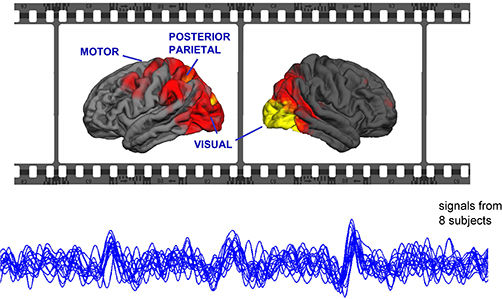
Movies synchronize brains - When we watch a movie, our brains react to it immediately in a way similar to other people's brains.
Innovative genetic and cellular techniques help identify multiple disease targets
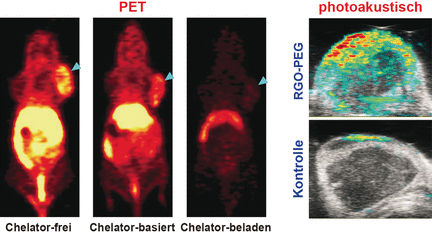
Direct radiolabeling of nanomaterials
Research will speed tracing bacteria behind salmonella outbreaks
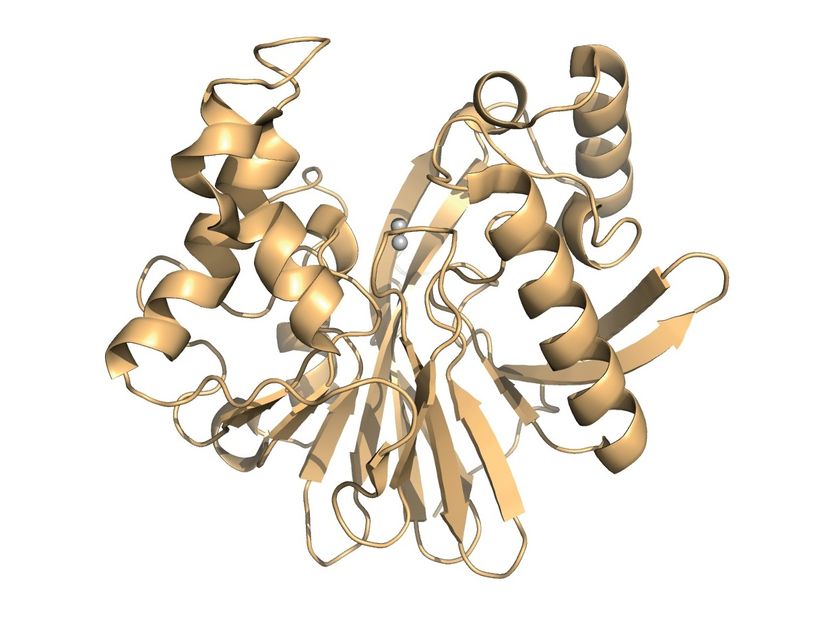
New insights into the evolution of proteins
Glycogen_storage_disease
Spinocerebellar_ataxia_type-13

Bruker to acquire the NanoString business in an asset deal
